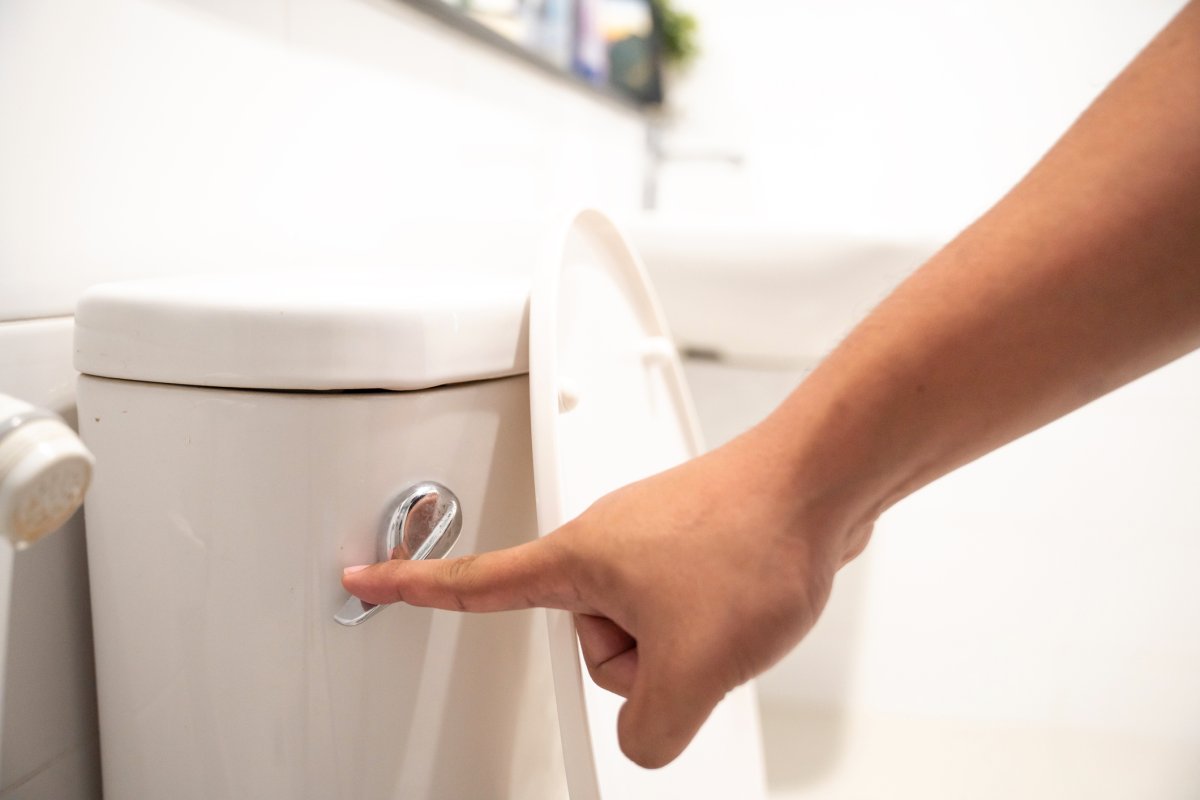Amid a toilet paper shortage thanks to COVID-19, Californians have taken to using — and flushing — T-shirts instead.

It’s become such a problematic “solution” to an unfortunate problem that officials in Redding, Calif., have had to tell residents to stop after discovering it was clogging the sewer system.
“Last night, City of Redding Wastewater Management responded to a sewer backup at one of its lift stations,” the city said in a news release on Thursday.
“The pumps were clogged by what appeared to be shredded T-shirts that were used in place of toilet paper.”
The message continued with a new slogan.
“If you should need to use anything aside from toilet paper, remember this important message: ‘Bag it. Don’t flush it.'”

Sewage issues like this can cause fecal matter to back up into showers, toilets and sinks — issues the city says it wouldn’t be able to properly address during the novel coronavirus crisis.
“There are many products available on the market that falsely claim to be flushable,” the news release continues. “Anything aside from toilet paper works to create a sewer backup, putting our larger sewer system, our water system and our community at risk for another health crisis.”
Amid the growing COVID-19 crisis, people have been hoarding essentials, forcing unlucky shoppers to fashion much-needed items out of things they have around their house.
Around the world and at home in Canada, panic-buying has left stores completely out of stock on some items, leading to supply chain disruptions and leaving some empty-handed.
While panic is a “very human” response, Steven Hoffman, director of the Global Strategy Lab, previously told Global News that stocking up on such items is neither helpful nor proportionate to the current risk level.
—
Questions about COVID-19? Here are some things you need to know:
Health officials caution against all international travel. Returning travellers are asked to self-isolate for 14 days in case they develop symptoms and to prevent spreading the virus to others.
Symptoms can include fever, cough and difficulty breathing — very similar to a cold or flu. Some people can develop a more severe illness. People most at risk of this include older adults and people with severe chronic medical conditions like heart, lung or kidney disease. If you develop symptoms, contact public health authorities.
To prevent the virus from spreading, experts recommend frequent handwashing and coughing into your sleeve. They also recommend minimizing contact with others, staying home as much as possible and maintaining a distance of two metres from other people if you go out.
For full COVID-19 coverage from Global News, click here.
—





Comments